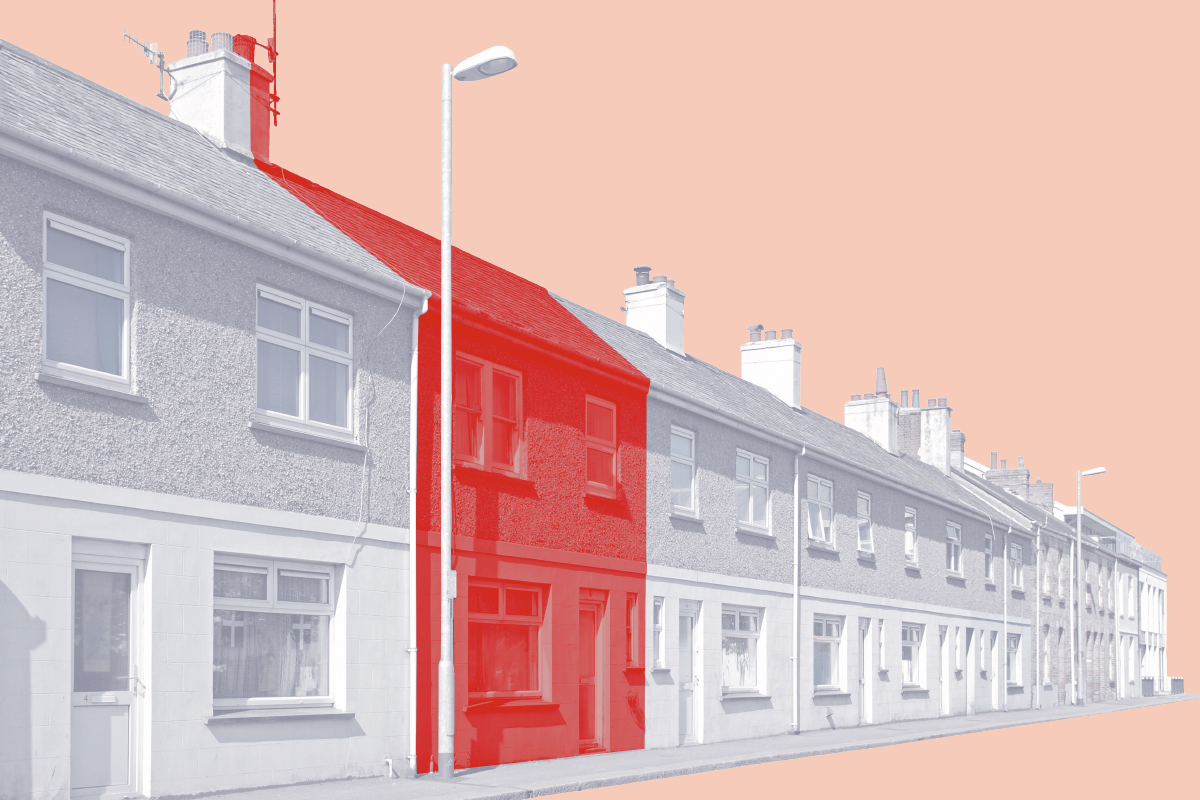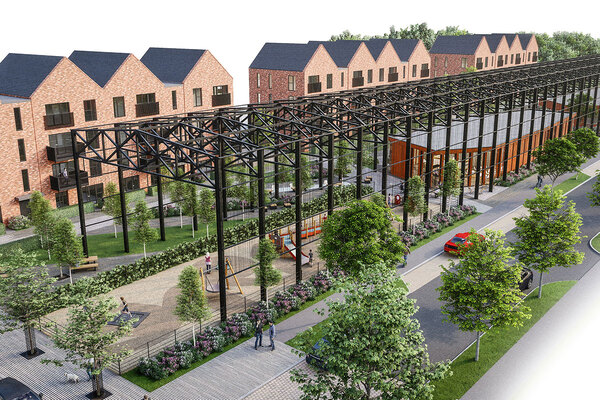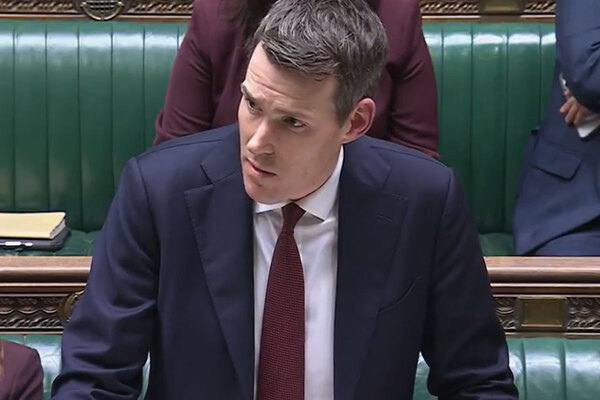You are viewing 1 of your 1 free articles

Brendan is the founding Chair of Sustainability for Housing. He has more than 20 years’ experience as a CEO in the social housing sector,...more
Why we are freezing or cutting rents on thousands of homes
Peabody has embarked on a process to make its rents fairer. Brendan Sarsfield explains more
When Peabody and Family Mosaic merged 10 months ago I said that the new organisation would prioritise social housing and put the most vulnerable people first.
When we merged, as part of that commitment we announced a strategic partnership with the mayor of London to deliver 6,000 genuinely affordable homes by 2021. We’ve since done deals to make sure there are new social rented homes going up, and we have land in place to start 2,700 new homes this year.
They are not all for social rent obviously – that would be impossible with the existing funding regime – but the objective is to build as many social rented homes as we can. In common with many of our sector colleagues we are committing to the development challenge.
But another challenge is: how are we using our size, strength and social purpose for our existing residents?
How does the merger benefit the 111,000 people living in our homes already? Should they get a dividend from our growing organisation?
Yes, increased income allows us to deliver better services, more homes and more investment through our community foundation. But if our residents have less money in their pockets, and they need to work extra hours or cut back on their quality of life to make ends meet, then they are not benefitting enough.
“It is clear we could do more on rent fairness.”
What is the tangible merger dividend for our tenants?
We’ve been looking at this in detail while integrating our two organisations, and it is clear we could do more on rent fairness.
The dwindling of social rent tenancies is well documented – we know that there are around 150,000 fewer social rented tenancies than five years ago.
Rents let at the ‘affordable rent’ level introduced by the government in 2010 typically cost between £65-£80 more per week compared to traditional social rents for an equivalently sized property in an equivalent area.
As well as potentially causing hardship, the increase obviously adds to the housing benefit bill, which has now ballooned to more than £25bn a year.
Higher rents are not just a burden for our residents, but also for the general population and the government.
At Family Mosaic I wasn’t a supporter of the higher rents, and our ‘affordable rents’ were set at a target associated with social rent levels.
From 2010, like most of the sector, Peabody charged higher rents – typically at around 65% of the market rate.
This has created quite a serious anomaly.
“We want to convert our pepper-potted market rent properties back to social rented tenancies.”
While 75% of its rents remain at £150 a week or lower, newer residents – mostly younger residents – are paying more for homes of the same size in the same place.
We are now in the bizarre position of having long-term tenants in well-paid employment paying very low rents while newer, younger tenants who earn less could be paying about £80 more each week for a virtually identical property in the same area. It doesn’t make sense.
So, starting now, here is what we intend to do. We are aiming over time to set affordable rents at the mayor’s London Affordable Rent – ie more genuinely affordable rents.
This includes thousands of historic Peabody homes that will see rents either frozen or reduced. We have already begun this process.
Similarly, from April 2019 we want to convert our pepper-potted market rent properties back to social rented tenancies. This will take time, but we want to do more on rent fairness and affordability.
“We need to see how it plays out in terms of reduced development capacity.”
People may ask why we don’t reduce affordable rents now.
Well, this is the start of the journey towards rent fairness and we need to see how it plays out in terms of reduced development capacity or other unintended consequences of deliberately cutting our income. Let’s see how we get on and how much more we can do.
Let’s hope the government gives us greater flexibility to equalise rents across our homes.
If the plan works we will succeed in reducing rents that are unaffordable and remove an inherent unfairness in the current system.
We’ll also help the government reduce the housing benefit bill while retaining our capacity to deliver desperately needed new homes. And we’ll reinforce the opinion that housing associations’ social purpose is alive and well.
Brendan Sarsfield, chief executive, Peabody











